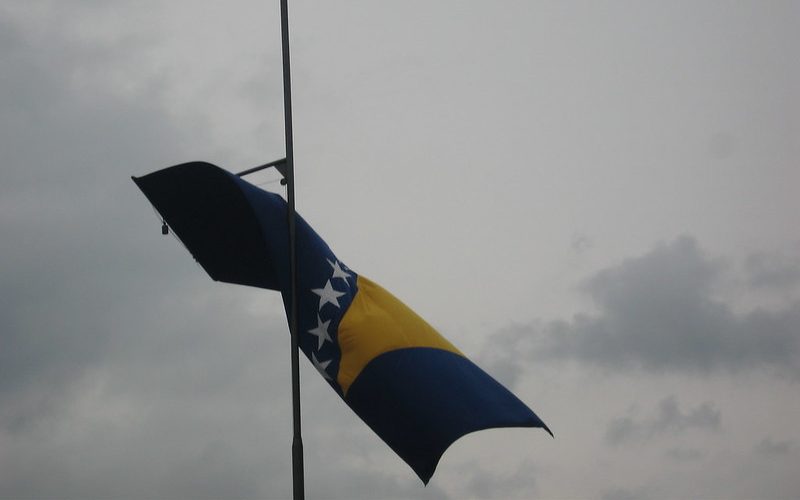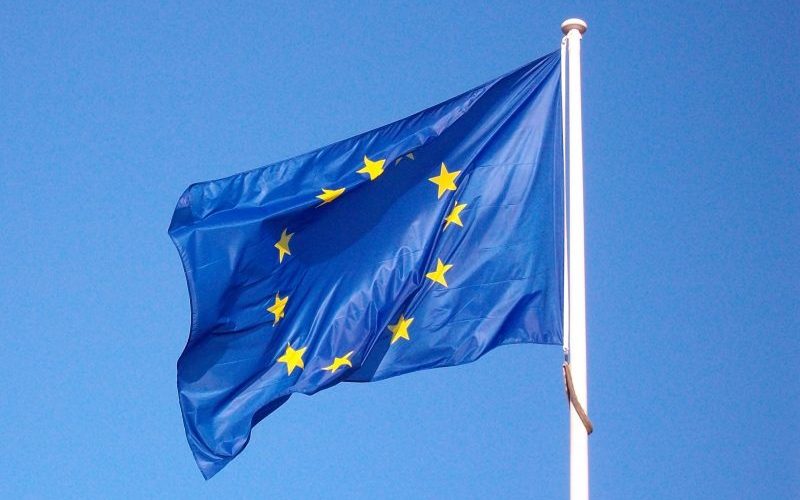
Bosnia’s Flawed Response to EU Enlargement and “Mini-Schengen”
In 2019, the President of Serbia Aleksandar Vucic announced that he, along with Prime Minister of Albania Edi Rama and the Prime Minister of North Macedonia Zoran Zaev, signed a declaration of intent to establish the free movement of people, goods and capital between these three countries in the Western Balkans – a Mini-Schengen, they called it. The response of Bosnia and Herzegovina to the initiative was flawed, to say the least.

The EU 2004 Enlargement – Democratization gone wrong?
For decades, the European Union’s democratisation of its neighbours and potential future accession countries has been the primary objective of its external relations and at the core of what constitutes it as “soft power”. Now, 16 years after the accession of the eastern European countries, it remains questionable whether the intended democratisation succeeded. Several countries, above all Hungary and Poland, show increasing authoritarian tendencies and a retreat from liberal democracy. This article analyses the EU’s democratisation process before the 2004 enlargement and seeks to shed light on whether and why democratisation seems to have failed in Eastern European countries.

